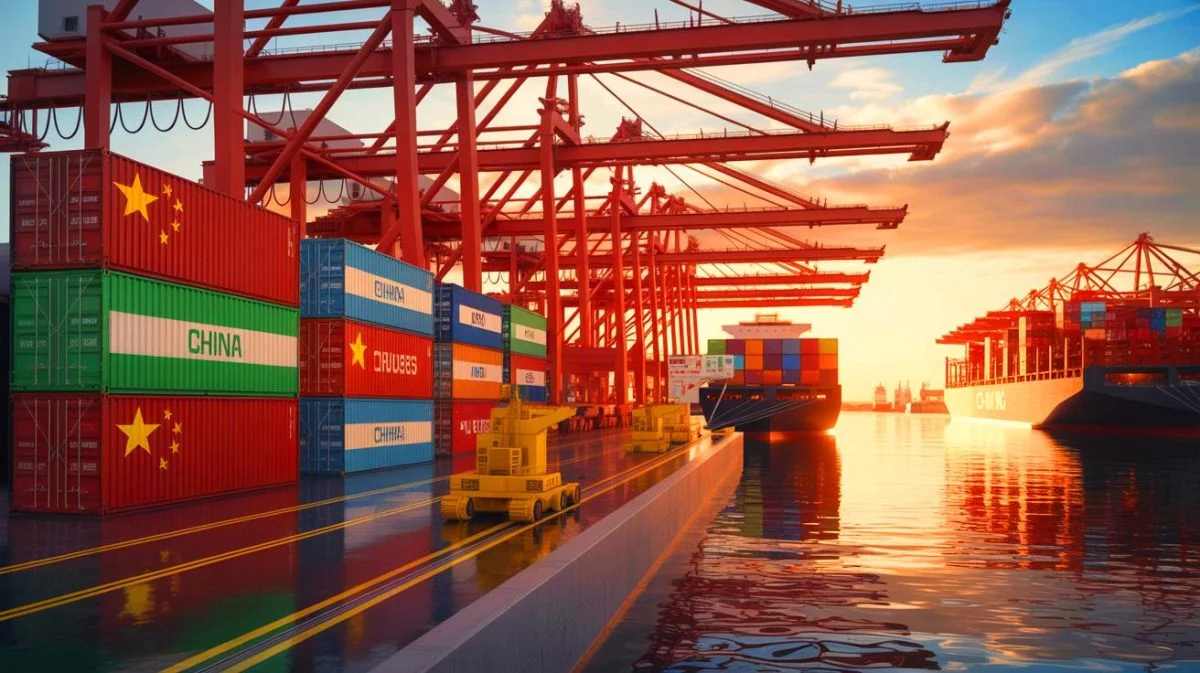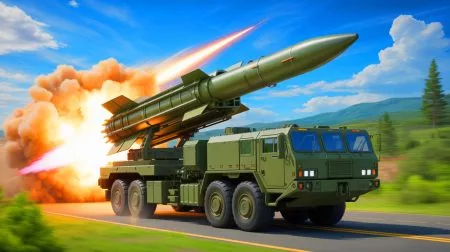| IN A NUTSHELL |
|
In the global landscape of resource control, the strategic use of rare earth elements by China has become a pivotal factor in international trade and economics. As the world’s leading producer and refiner of these crucial minerals, China holds a dominant position, effectively turning rare earths into a powerful economic weapon. This dominance allows China to exert considerable influence over industries worldwide, which heavily rely on these elements for manufacturing high-tech products. The implications of this control reach far beyond simple trade dynamics, impacting global political relations and economic strategies.
China’s Dominance in Rare Earth Production
China’s command over rare earth production is staggering, with the nation responsible for approximately 70% of the world’s mining output and refining nearly 99% of these metals. This control has significant repercussions for industries around the globe, particularly in the United States, Europe, and Japan. These metals are essential for producing various high-tech products, including smartphones, electric vehicles, and military equipment. The automotive industry, for instance, has expressed deep concern, with companies like Ford, BMW, and Toyota contemplating production cuts due to potential shortages.
China’s ability to influence supply chains has made rare earths a bargaining chip in trade negotiations, particularly with the United States. In strategic discussions, such as those that took place between Donald Trump and Xi Jinping, rare earths often take center stage. The discussions often result in broader agreements that aim to stabilize supply chains and promote bilateral trade cooperation, underscoring the importance of these elements in modern industrial processes.
The Strategic Importance of Rare Earths
Rare earth elements are not as rare as their name implies, but their extraction and refinement are complex and environmentally taxing. These elements, which include neodymium, terbium, and dysprosium, are critical for creating permanent magnets used in various technologies. For instance, when combined with iron, neodymium forms powerful magnets essential for electric motors and wind turbines. The unique properties of these elements, such as their magnetic strength and heat resistance, make them indispensable in numerous industrial applications.
Their strategic importance is amplified by China’s near-monopoly on production. The country’s significant deposits, such as those found in Bayan Obo in Inner Mongolia, have positioned it as a global leader. This dominance was not accidental; China made a concerted effort in the 1980s to develop its rare earth industry, offering subsidies and competitive pricing to capture the market. As a result, Western countries have found themselves reliant on Chinese supplies, a situation that poses both economic and security challenges.
“No One Saw This Coming”: Hong Kong Faces Outrage as Calls Grow to Stop Massive Taxi Bailout Plan
Global Reactions and Trade Tensions
The global dependency on Chinese rare earths has led to significant trade tensions, particularly between China and the United States. In 2012, the U.S., along with the EU and Japan, filed a complaint with the World Trade Organization (WTO) over China’s export restrictions, which they argued distorted market competition. Though China was forced to remove export quotas, it retained significant control over pricing and supply, influencing global markets.
Recent trade conflicts have seen rare earths become a focal point once again. In response to U.S. tariffs, China has occasionally threatened to restrict exports, highlighting the strategic nature of these resources. These moves have led to increased scrutiny and efforts by other nations to develop alternative supply chains, though replicating China’s production capacity remains a formidable challenge.
The Future of Rare Earths in Global Trade
As new technologies continue to emerge, the demand for rare earth elements is expected to rise, further cementing China’s position as a critical player in global trade. Efforts to reduce dependency on Chinese rare earths include reopening old mines and developing alternative materials, but these solutions are not yet fully viable. The geopolitical implications of rare earth dominance are profound, affecting everything from international trade policies to national security strategies.
China’s control over rare earths serves as both a sword and a shield, allowing it to navigate complex international relations with an upper hand. As countries grapple with the challenges of securing these essential resources, the broader question remains: How will global powers balance their industrial needs with the reality of China’s rare earth dominance?
Did you like it? 4.4/5 (22)









Isn’t it ironic that rare earths aren’t actually that rare? 🤔
What are the environmental impacts of mining these elements?
China has been smart in securing its position. Can other countries catch up?
Thanks for the insightful article! I had no idea how crucial rare earths are.
Wow, China’s dominance is a game-changer! What can we do to reduce dependency?
Did anyone else notice the typo in paragraph three? 😅
Great article, but how about more on the alternatives being developed?
Are there any ethical concerns regarding China’s control over rare earths?
Isn’t this just another way for China to flex its muscles on the global stage?